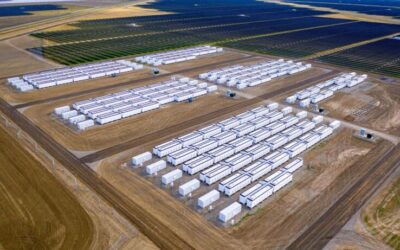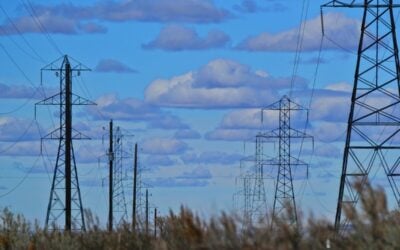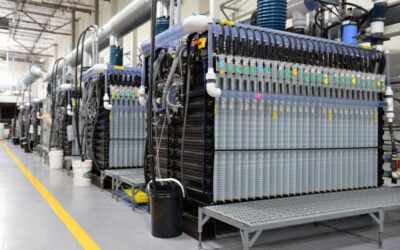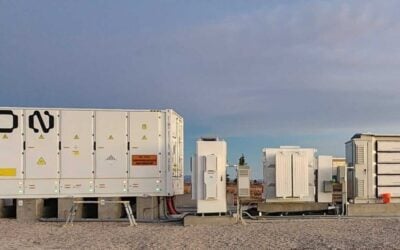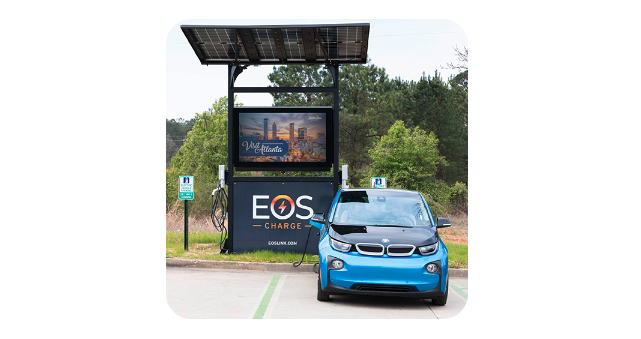
Home energy storage system provider NeoVolta will deploy its solution at up to 1,000 EOS Linx EV charging stations across the US.
The Nasdaq-listed company said it will start deploying its batteries in charging stations at selected bp-branded locations in the state of Georgia.
The initial installations are part of an expected rollout of NeoVolta batteries in 1,000 EOS Linx EV charging stations at various gas stations, convenience stores, and hotel chains across the country.
NeoVolta will also provide intelligent power management for the EOS charging stations as part of the partnership and it said its batteries will provide clean solar energy. EOS Linx said that it combines solar energy and energy storage in its charging stations.
Try Premium for just $1
- Full premium access for the first month at only $1
- Converts to an annual rate after 30 days unless cancelled
- Cancel anytime during the trial period
Premium Benefits
- Expert industry analysis and interviews
- Digital access to PV Tech Power journal
- Exclusive event discounts
Or get the full Premium subscription right away
Or continue reading this article for free
Integrated batteries into EV charging stations allows operators to optimise the energy consumption of the charging park to reduce grid charges or increase the share of renewable generation in the power it provides – even without on-site generation, by charging from the grid at times of high renewables generation.
“In NeoVolta, we have found the smart energy storage solution that meets our high standards for reliability and performance,” said EOS Linx CEO Blake Snider. “We are excited about our nationwide rollout with their battery in our network of EOS Charge stations.”
NeoVolta recently uplisted from the OTCQB Marketplace to the Nasdaq Capital Market but, as reported by Energy-Storage.news, raised significantly less than initially planned amidst what its CFO described as “tough capital markets”.
The firm mainly designs, develops, and manufactures residential battery energy storage systems using lithium iron phosphate (LFP) battery cells which it mainly sells through solar installers and equipment distributors. Its core product is the NV14, a 14.4kWh battery with a 7.68kW inverter, which can be expanded to 24kWh with an add-on battery.

